Ruts have always been a bit of an issue around my farm, especially in my teens. My Dad was in the driver's seat back then. By his own admission, he was a stockman and cow man. He commanded from the yard and delegated field work to the hired help and son and heir.
To bridge the January hungry gap for men and cows, a few acres of sugar beet were grown for beet cheque and beet tops, respectively. My Dad and his cows loved the beet tops. So much so, that he wouldn't dream of pulling the Beet until December and wouldn't have a beet harvester about the place "because it ruined tops". So it was all pulled, topped, bucked out, banked out and loaded onto railway wagons, by hand, in dark and cold December and January.
Our beet field was like the Somme in more ways than one. Between 1962 and 1968, we were clad out in jute bags and oilskins with black sou'westers and crimson blue hands, and slipped our way through the trenches as they got deeper and deeper. It was woe-betide the one who had to go up to the yard to report the tractor was stuck. Every effort was made to avoid that, but trampling the tops was against orders.
Often, we ended up with a tractor or trailer sitting on one or more axle followed by the job of trying to get a pull from a neighbour, without letting on to Dad that we were stuck. It was, and still is, the stuff of nightmares. I recount these tales merely for the education of youth and to explain why, understandably, I have a thing about ruts ever since.
Damage
Ruts do a lot if damage in a field. The compaction squeezes air out of the soil making life hard for earthworms and their comrades. The drainage is disrupted too, leading to water logging. And for following operations, they make a bumpy ride for men and machine. We need to stop making them.
We can also make ruts in our mind and I have been in a few of those as well. Ruts form whenever we thoughtlessly keep going over our previous tracks again and again, until it seems impossible or pointless to do otherwise. Both in the field and in the mind we must always work hard at keeping our tracks fresh and keeping out of the rut.
The seasonal rhythms and animal routines of farming are conducive to rut making. We need to be always on guard for a developing rut.
Stuck in a rut
It is important to ask ourselves all the time, why am I doing this? Why am I doing it this way? Is there something new I can try? When we ask ourselves those questions, we should answer honestly. If the our answer is "It's what I've always done" or "It's the only thing I know" or "I'm too old to change now!". then you may be in a rut.
When that happens it is always good to leave the field, stand aside, look around, take time out, get a different perspective, ask someone for a pull out. Maybe then choose another track. Or maybe stick to the same track but with the satisfaction of knowing that its you decision and that we are master of our own rut and can get out whenever we want.
It is too easy to get into the rut of blaming problems on others - parents, the government, the meat factories, the supermarkets, the banks, etc. Such blaming can be a deep dark rut because it gives them power. It is rare enough that these big forces can be pushed off their tracks.
On the other hand, changing your own tracks can be self-empowering and satisfying and is always a better way out. Groups, industries and whole countries can get bogged too. Ireland Inc went to our axles in debt and had to call neighbours for a pull out. It's always good to listen out for the "old dogs" on the ground, they can know where the hard road is.
Winter months can be a time for making more ruts but it can also be a great time for reviewing old ones and making judicious track adjustments. Wrap up well and mind the ruts!



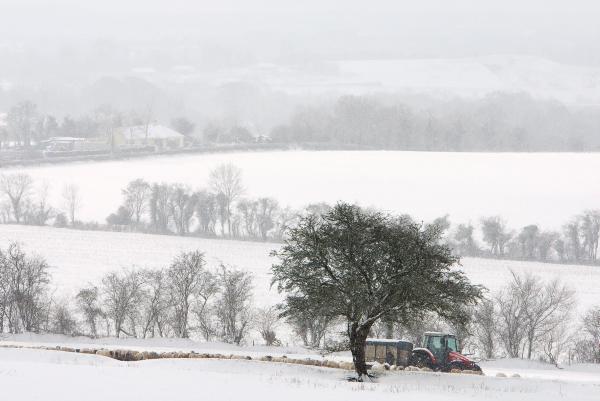
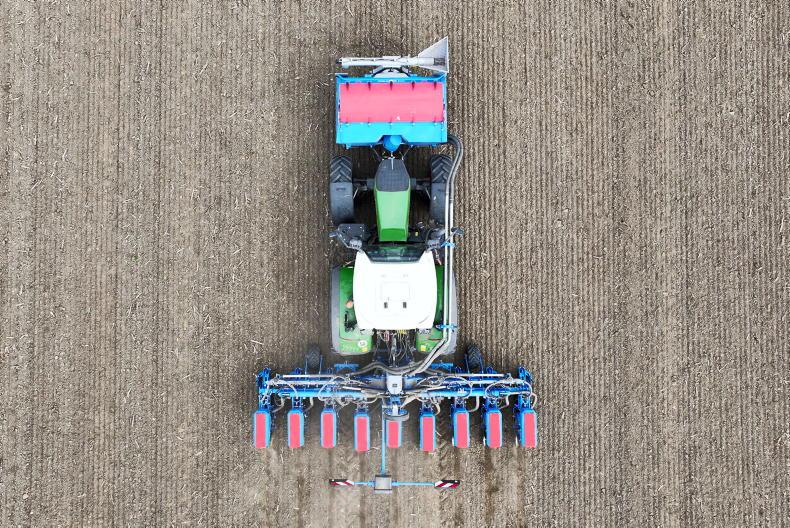

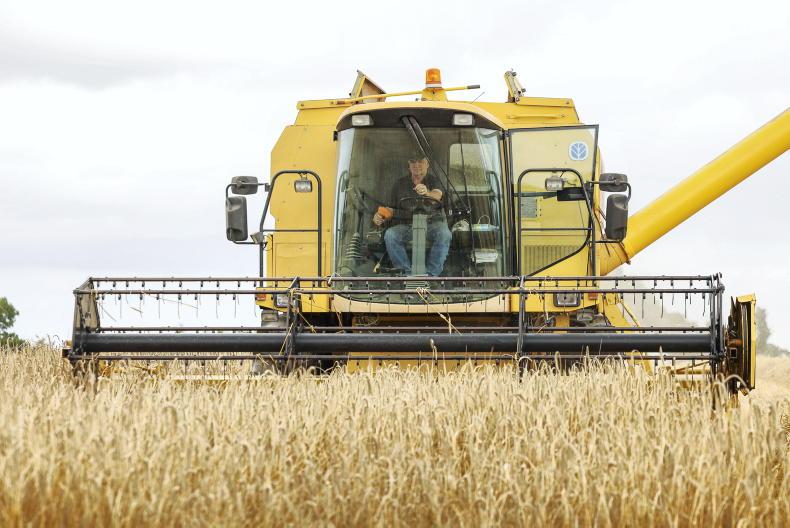
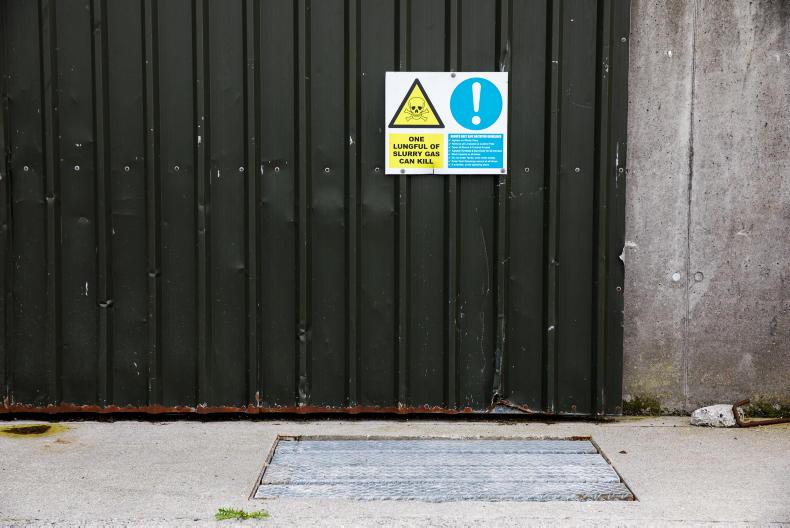
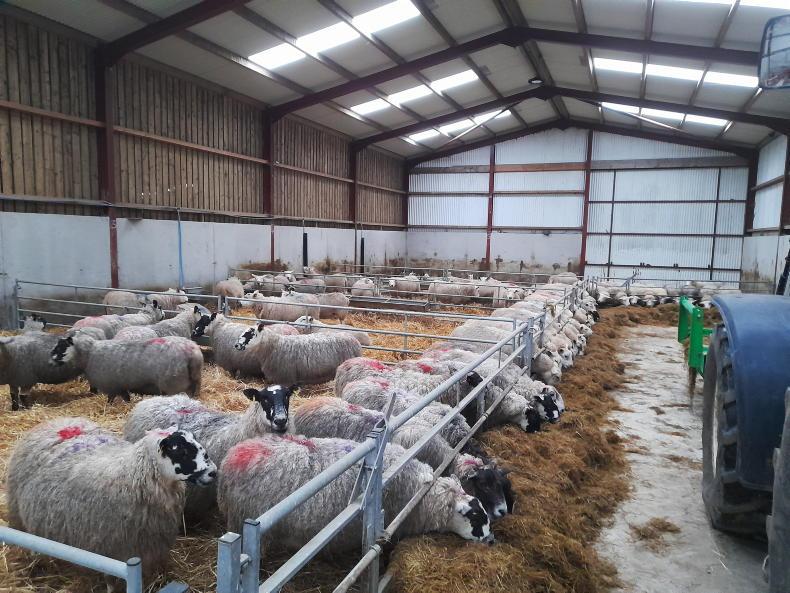
SHARING OPTIONS